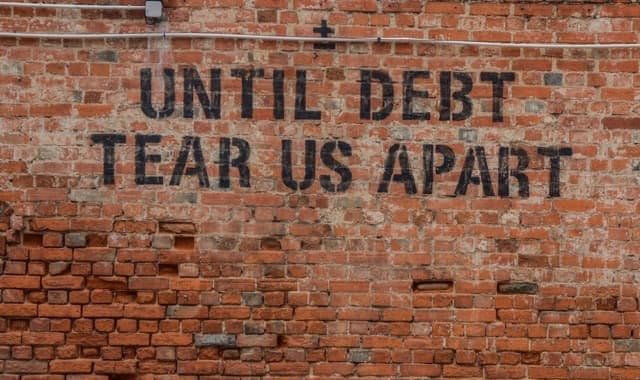
In today's world, debt has become an inevitable part of our lives. From student loans to credit card bills, most people find themselves dealing with multiple debts at the same time. Juggling multiple debts can be challenging, and it often leads to confusion and stress. Debt consolidation is one way to tackle this problem. But is it the right option for you? Let's take a look at the pros and cons of debt consolidation and how to determine if it's the right option for you.
What is Debt Consolidation?
Debt consolidation is a process of combining multiple debts into one single loan. Instead of making multiple payments to different creditors, you make one payment each month to a single lender. Debt consolidation can be done through a personal loan, home equity loan, or credit card balance transfer.
Pros of Debt Consolidation
1. Lower Interest Rates
Debt consolidation can often lower your overall interest rate. If you have high-interest credit card debt, consolidating it with a personal loan or balance transfer credit card with a lower interest rate can save you money in the long run.
2. Simplified Payments
With debt consolidation, you only have to make one payment each month, which can simplify your finances and reduce stress.
3. Improved Credit Score
By consolidating your debts, you can potentially improve your credit score. This is because you will have a better credit utilization ratio and a consistent payment history.
Cons of Debt Consolidation
1. Longer Payment Term
Debt consolidation loans often have longer payment terms, which means you'll be paying off your debt for a longer period. This can result in paying more interest in the long run.
2. Fees and Charges
Debt consolidation loans often come with fees and charges, such as origination fees, balance transfer fees, or prepayment penalties. These fees can add up and increase the overall cost of the loan.
3. Risk of Default
If you use a secured loan, such as a home equity loan, to consolidate your debts, you risk losing your collateral if you default on the loan.
How to Determine if Debt Consolidation is Right for You
- Evaluate Your Debt
Before considering debt consolidation, evaluate your debt and determine if it's manageable. If you have a significant amount of debt, debt consolidation may be a good option for you.
- Check Your Credit Score
Your credit score will determine if you qualify for a debt consolidation loan and the interest rate you'll receive. If your credit score is low, you may have difficulty qualifying for a loan or receiving a low-interest rate.
- Compare Your Options
Shop around and compare different lenders to find the best loan terms and interest rates. Make sure to read the fine print and understand any fees or charges associated with the loan.
- Create a Budget
Before taking out a debt consolidation loan, create a budget to ensure you can afford the monthly payments. If you can't make the payments, debt consolidation may not be the best option for you.
Debt consolidation can be a useful tool for managing debt, but it's not the right option for everyone. Consider the pros and cons carefully and evaluate your personal situation before deciding if debt consolidation is right for you. By taking the time to make an informed decision, you can improve your financial situation and reduce stress.
MoneyCoach has been designed with one goal in mind, help you get out of debt.




